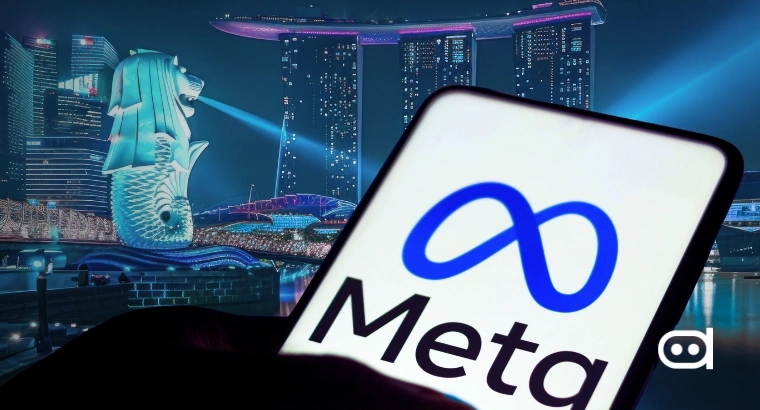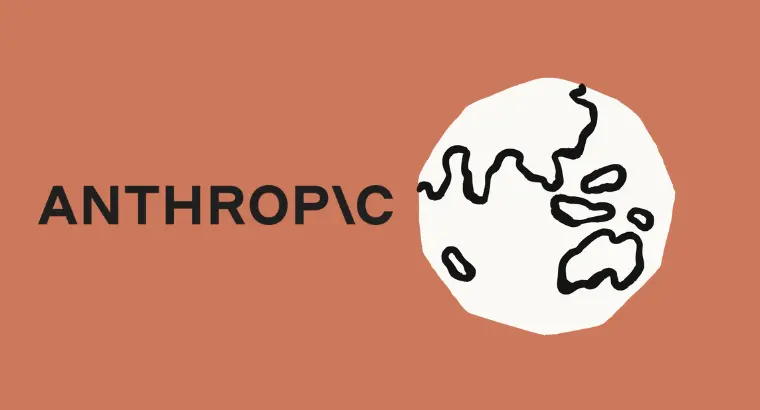
Key Highlights –
- Singapore gives Meta until the month-end to deploy anti-scam safeguards, including facial recognition.
- Non-compliance could result in fines of up to $100,000 per day after the deadline.
- The order, under Singapore’s new Online Criminal Harms Act, reflects rising scrutiny on Meta’s safety practices.
- Meta is already battling multiple lawsuits worldwide over privacy, safety, and platform abuse.
Meta Platforms, the parent company of Facebook, is under fresh international pressure after Singapore’s Ministry of Home Affairs ordered the company to implement stronger safeguards against online impersonation scams.
Facing the order to issue anti-scam measures, which include the deployment of facial recognition technology, Meta must have commenced its implementation by the end of September; otherwise, the company will be subject to a maximum fine of S$1 million ($776,639). If the company fails to comply without any reasonable excuse, penalties will increase to a daily fine of S$100,000 ($77,664) until it takes corrective steps.”
The order, being the first ever release under Singapore’s Online Criminal Harms Act, indicates how governments have in recent years been increasingly demanding greater responsibility from Big Tech regarding platform abuse. The legislation, which was passed in February 2024, gave regulators the power to compel companies like Meta to proactively prevent online criminal exploitation, and is part of this trend.
Rising Scam Crisis in Singapore
According to Singapore authorities, there was a surge in impersonation scams between June 2024 and June 2025. The scammers would circulate fake advertisements, cloned accounts, and doctored videos featuring senior government officeholders to defraud users.
While Singapore police had earlier asked Meta to take action against the matter, the landmark September order was to be the first one with enforceable deadlines and financial penalties.
“While Meta has taken steps to address the risk of impersonation scams globally, including in Singapore, the home affairs ministry and the Singapore police force remain concerned by the prevalence of such scams in Singapore,” the ministry said in its statement.
Meta has yet to publicly respond to the directive.
Meta’s Global Legal Troubles Mount
This Singapore lawsuit stands as the newest mark on a rapidly growing list of legal and regulatory problems facing Meta. The tech giant has faced numerous lawsuits in the U.S. and Europe, concerning issues such as platform safety, illicit algorithmic amplification of harmful content, and infringement of user privacy rights.
In late 2023, several state attorneys general in the U.S. filed suits against Meta, alleging that Instagram and Facebook impair children’s mental health by fostering addictive behavior. Meta considered that they had done no wrong but has since released tools for parental controls.
In Europe, regulators have continued fighting against Meta in relation to the General Data Protection Regulation (GDPR) enforcement of user data concerns. In May 2023, Ireland’s Data Protection Commission slapped them with a record fine of €1.2 billion for unlawful data transfers.
Adding more fuel to the fire, advocacy groups around the globe have blamed Meta for its inability to restrict misinformation and scams around election periods, particularly in emerging markets where regulatory oversight is still weak.
The Bigger Picture for Meta
Unlike earlier lawsuits and fines that tended to focus on privacy, competition, or content moderation, the Singapore directive represents a direct government intervention aimed at controlling online financial crime. Analysts view this as increasing the stakes for Meta, potentially inspiring other jurisdictions in Asia and beyond to lodge similar demands for compliance.
With Meta betting heavy on AI-powered content moderation and metaverse aspirations, governments are now demanding quantifiable outputs related to fraud prevention and safe platforms. Failing may obviously brunt Meta with more regulatory fines but also with some reputational damage that would last forever.
For now, the ultimatum from Singapore is the precedent: if Meta continues to fail at protecting the Facebook platform from scammers, the penalties/meta lawsuits, and commissions to be borne shall arise more in other parts of the world.











